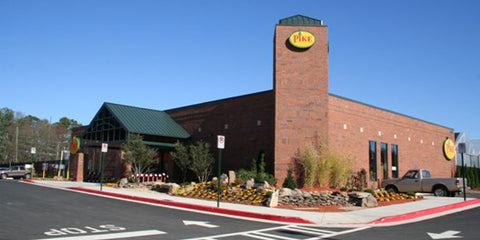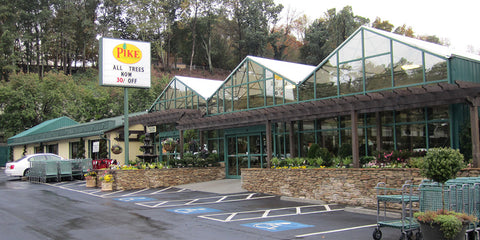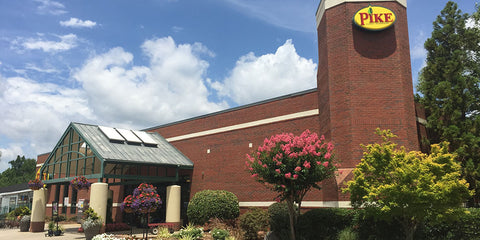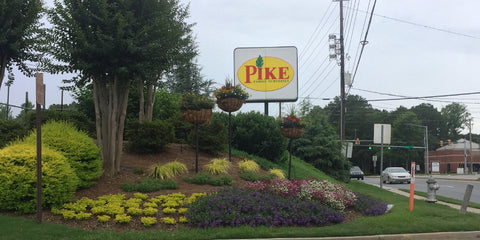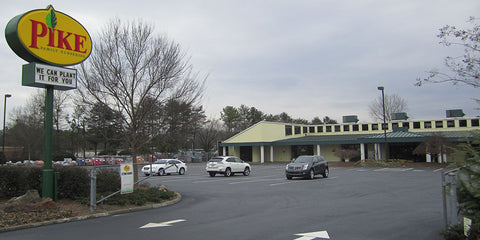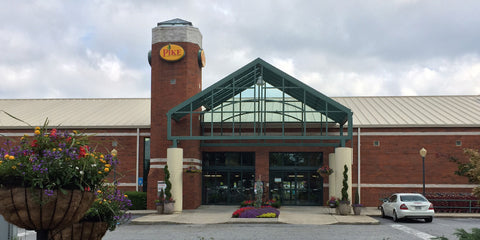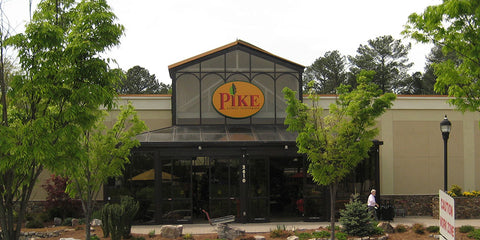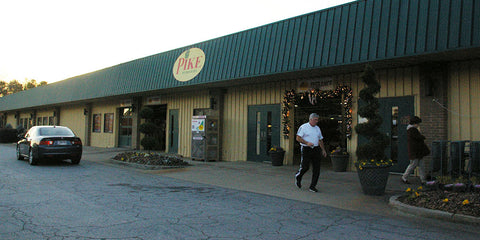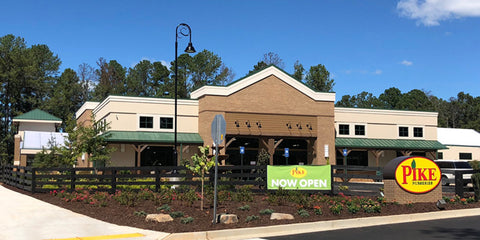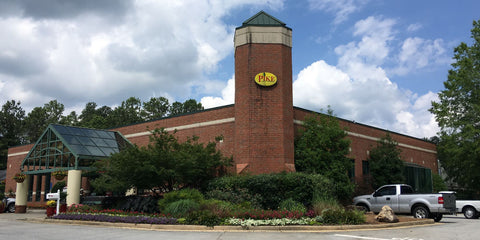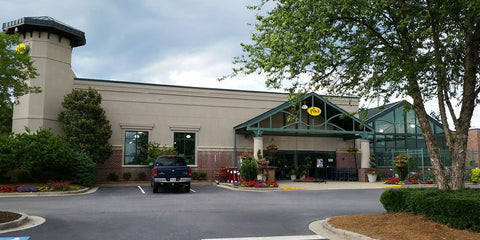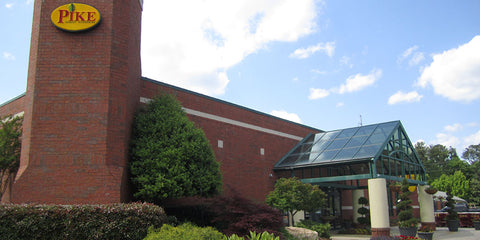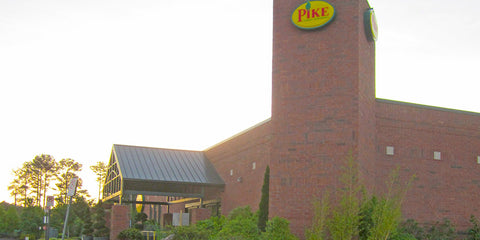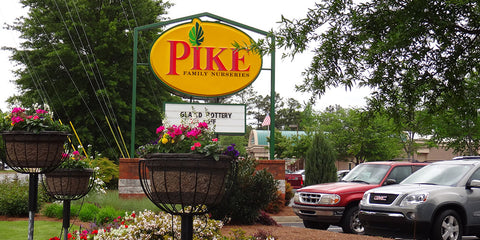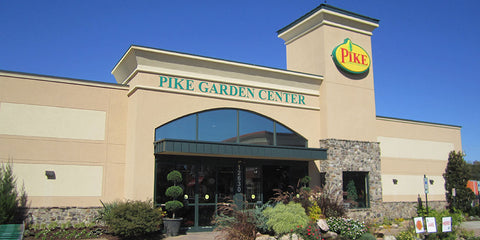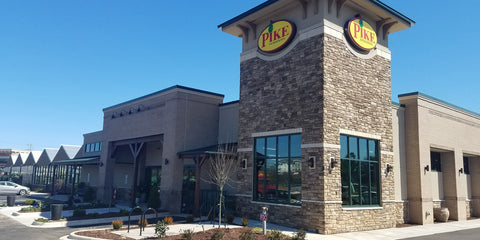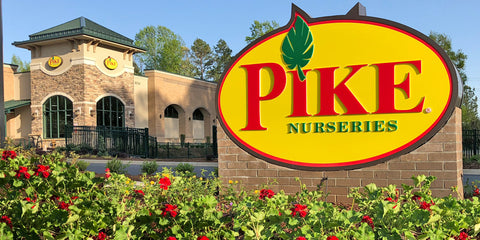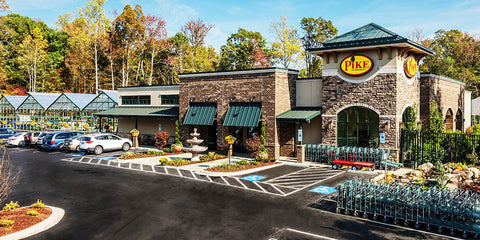Details
Edible Qualities
Parsley is a perennial herb that is commonly grown for its edible qualities. The fragrant ferny compound green leaves are usually harvested from late spring to mid summer. The leaves have a sharp taste and a light fragrance.
The leaves are most often used in the following ways:
- Cooking
- Drying
- Seasoning
Features
Parsley's attractive fragrant ferny compound leaves remain green in color throughout the season. The flowers are not ornamentally significant.
This is a dense herbaceous perennial herb with a mounded form. Its relatively fine texture sets it apart from other garden plants with less refined foliage. This is a high maintenance plant that will require regular care and upkeep, and is best cleaned up in early spring before it resumes active growth for the season. It has no significant negative characteristics.
Aside from its primary use as an edible, Parsley is sutiable for the following landscape applications:
- Herb Gardens
- Container Planting
Care
Planting & Growing
Parsley will grow to be about 12 inches tall at maturity, with a spread of 24 inches. When grown in masses or used as a bedding plant, individual plants should be spaced approximately 18 inches apart. It grows at a fast rate, and tends to be biennial, meaning that it puts on vegetative growth the first year, flowers the second, and then dies.
This plant is typically grown in a designated herb garden. It should only be grown in full sunlight. It prefers to grow in average to moist conditions, and shouldn't be allowed to dry out. It is not particular as to soil type or pH. It is highly tolerant of urban pollution and will even thrive in inner city environments. This species is not originally from North America.
Parsley is a good choice for the edible garden, but it is also well-suited for use in outdoor pots and containers. It is often used as a 'filler' in the 'spiller-thriller-filler' container combination, providing a canvas of foliage against which the thriller plants stand out. Note that when growing plants in outdoor containers and baskets, they may require more frequent waterings than they would in the yard or garden.




